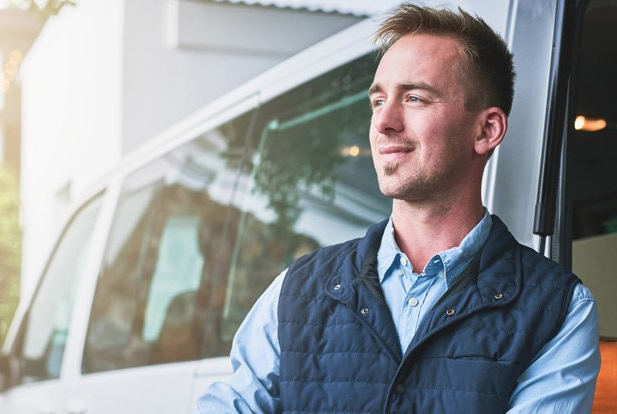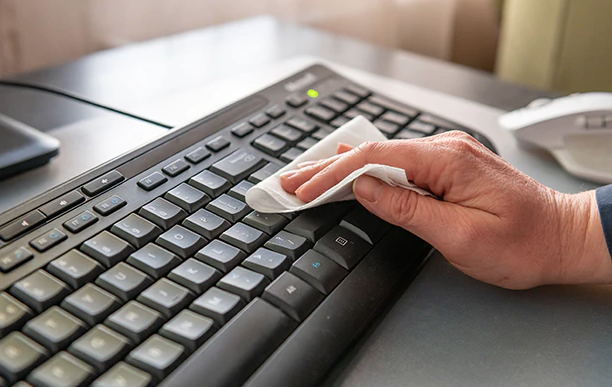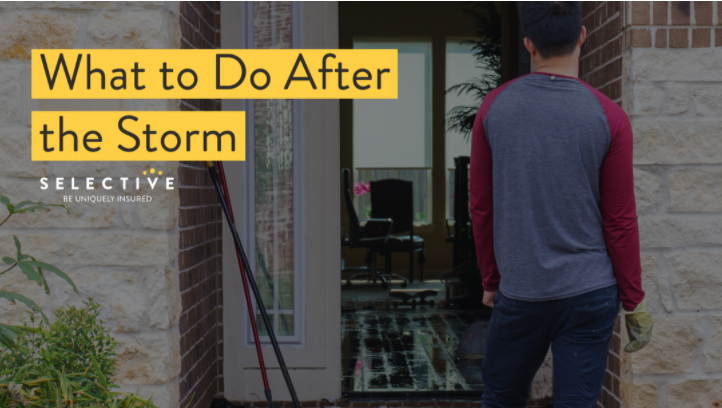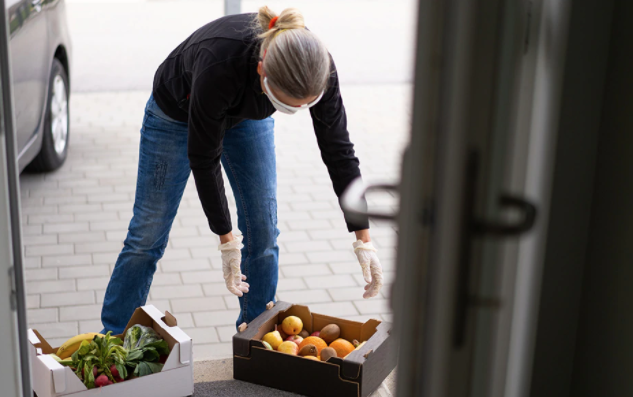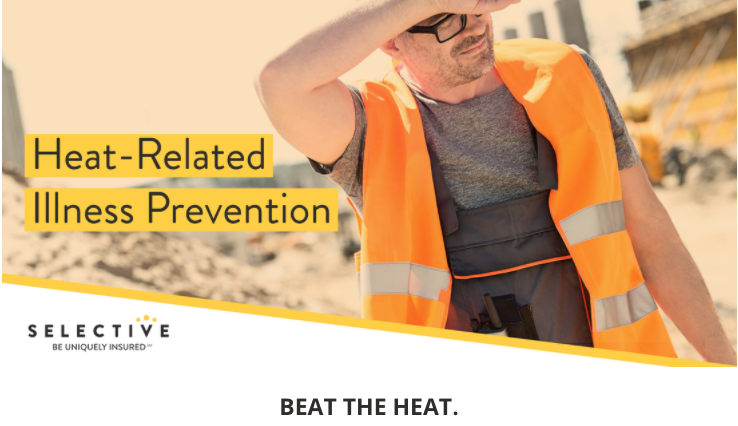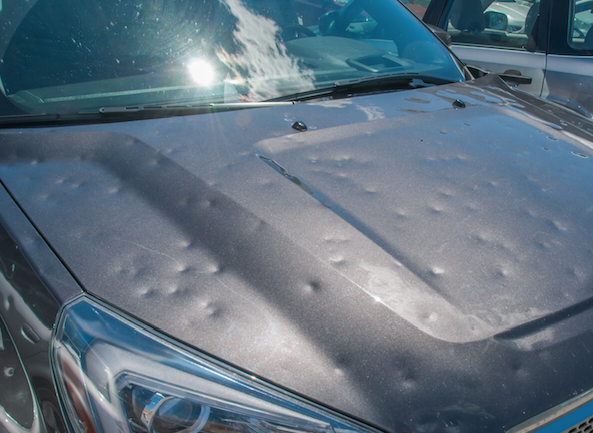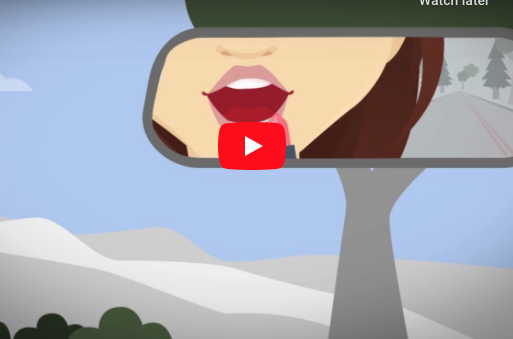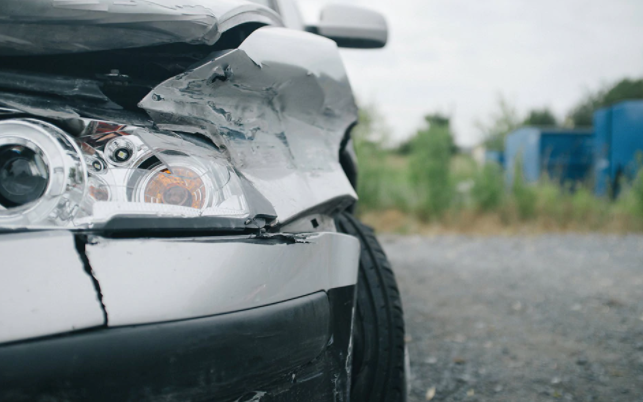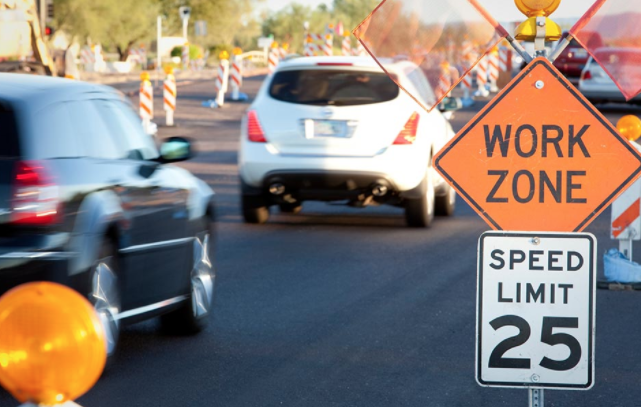5 Cool Tips for Heating Your Home Safely

Alaina Tweddale
One cold January day, Mark Scott brought his teenagers into the backyard, struck a match to their old, dried Christmas tree, and watched as it was set ablaze within six seconds. (Please, don’t try this at home.)
“Every year you see Christmas tree fires,” said the Cabin John, Maryland-based owner of Mark IV Builders. Throughout the season, cut trees dry out and become easily combustible. What starts as a small fire can ravage a home in a matter of minutes.
“That’s why we never leave any type of heater anywhere near the tree,” he added, driving the point home for his teens. That includes a space heater, a lantern or even a lit candle. Keep your tree a safe distance from the fireplace, too.
Christmas tree fires are just one mishap that can occur when heating your home during winter. Keeping warm doesn’t have to be daunting, but it can be dangerous, especially if proper safety precautions aren’t taken before you open the fireplace flue or light the furnace fuse.
To stay safe, use these simple tips to get ready for winter, no matter what type of home heat source you use.
1. Schedule an annual check-up for your furnace.
To keep carbon monoxide (CO) gas from leaking into your home, make sure your furnace is exhausting properly, warns Danny Lipford, home improvement expert and host of the Today’s Homeowner television and radio shows. CO can be fatal and, because it’s odorless, homeowners may not even know they have a problem until it’s too late.
Lipford notes that sometimes homeowners can “bump something loose” when moving stored items in or out of the attic, and roofers can inadvertently damage furnace exhaust vents. The moral? A CO leak can come from areas of the home many homeowners wouldn’t even think to consider.
Get your furnace cleaned and inspected annually by a knowledgeable technician who can make sure it’s running as safely and efficiently as it should. Make sure the technician inspects the vent pipe—both where it’s connected to the furnace and where it protrudes through your roof. Read More
9 Ways to Minimize Holiday Fire Risks
Johnna Kaplan

The winter holidays are beloved for the warmth and light they bring to a cold, dark season. But this wondrous time of year isn’t free from danger. According to the American Red Cross, almost 47,000 fires occur during the winter holidays, taking over 500 lives, injuring thousands of people, and resulting in hundreds of millions of dollars in property damage.
Fortunately, many holiday fire risks can be minimized with a little care and planning. Here’s how to avoid some common causes of holiday fires.
1. Be Safe with Christmas Trees
Place trees (and fir wreaths and garlands) three feet away from heat sources like fireplaces and radiators, and never use lit candles to decorate a tree. (Use battery-operated ones to achieve that effect.) Check that artificial trees, as well as decorations, are made of flame-resistant or flame-retardant materials.
If decorating a live tree, choose one that is freshly cut, with intact needles, and water it daily to prevent it from becoming dry. Once it does begin to dry out and drop needles, it’s time to discard your tree. Although Christmas tree fires are not common, the explosiveness of dry trees makes them very dangerous if they do occur.
Use a tree stand that can’t tip over and be sure to unplug tree lights overnight and whenever you leave the house.
2. Give Candles Their Distance
The U.S. Fire Administration (USFA) reports that 56% of candle fires happen because something flammable is left too close to a burning candle. Always keep candles at least a foot away from anything else that could catch fire like ornaments or curtains. (Give other sources of heat, like portable heaters, even more space.)
If placing candles in windows, choose battery-powered lights. Don’t leave candles burning when you’re asleep or away from home; in fact, you should extinguish flames whenever you leave the room. Whenever you burn candles, place them in sturdy holders that can’t tip over, and situate them where they are unlikely to be accidentally knocked over. Read More
How Distracted Driving Can Increase Your Premium
Emily Guy Birken

Most drivers are aware of the dangers of driving while distracted. However, something that many drivers do not realize is that in addition to the legal ramifications, these distractions can affect the premiums you pay for your car insurance.
While any number of things can distract a driver from the road — including eating, adjusting the sound system, or talking to people in your vehicle — the distraction that often has the biggest and most dangerous impact is using a cell phone or other mobile device while driving.
According to National Highway Traffic Safety Administration (NHTSA) data, driving while distracted killed 3,477 people in 2015 and injured an additional 391,000. The vast majority of those accidents occurred because the driver was using a cell phone.
While concern about accidents should be enough to deter drivers from engaging in this risky behavior, state legislatures are also adding financial penalties to distracted driving.
Here’s what you need to know about the financial and legal penalties for driving while distracted.
Distracted Driving and State Laws
With the exception of Arizona, Missouri, and Montana, all U.S. states, as well as the District of Columbia, Puerto Rico, Guam, and the U.S. Virgin Islands, have instituted a ban on texting while driving for drivers of all ages.
Most states have made texting while driving a primary offense, which means law enforcement has the right to pull over an offender simply for violating the ban.
In states where the texting prohibition is a secondary offense for those over the age of 18, such as Florida, Nebraska, Ohio, and South Dakota, the texting ban can only be enforced if the driver is also violating a primary offense. For example, if a driver fails to stop at a stop sign because she is distracted by her cell phone, the officer who pulls her over for failing to stop can also cite her for texting while driving. Read More
Finding Your Best Used Car Bargain
Nancy Dunham

It’s still a golden time to buy a used car thanks in large part to the number of late-model cars, trucks
The good news for shoppers is that the glut of gently used cars provides you with an unusually large selection of vehicles from which to choose. Plus many prices are lower than they have been since 2010. But that doesn’t mean every car on the lot is a gem.
“People get themselves into real trouble when they go into car shopping unprepared,” says Matt Jones, Edmunds’ Senior Consumer Advice Editor. “This is a major purchase. It’s not like a TV, where if you get it home and don’t like it, you can return it. You owe it to yourself to do research.”
That research should include calling various dealerships and finding a salesperson with whom you mesh. Work with the person on the phone or computer to ensure they’re attentive, return your calls and communicate well.
Choose the right salesperson
Do you want a detail-oriented salesperson? A laid back salesperson? Most of us aren’t sure. Many car experts recommend you walk into a dealership cold, tell the receptionist you want to work with the best salesperson. He or she will know whom to call.
A good relationship with a salesperson is vital — especially when you are considering used cars that have a wide range of vehicle histories — because they are the ones that can steer you to a car you hadn’t previously considered but that best suits your needs.
“You won’t be able to tell a car salesperson a scenario they haven’t heard before,” says Jones, noting they work with hundreds of customers each year. “They’ve heard ‘I recently got a divorce and need a low payment,’ to “my wife’s pregnant with triplets’ hundreds of times before. Those life changes are why people shop for cars.” Read More
7 Tips to Prevent Your Pup from Becoming a Liability When Renting

PIPPA ELLIOTT
Finding a decent rental property isn’t easy, and it’s especially hard when one of your family is four-legged. Owning a dog earns you the cold shoulder from many prospective landlords. And even if you strike it lucky and find a great place that allows you to keep the whole family together, your dog may become a hidden liability.
Did you know that if visitors are injured by your dog while on your rental property, you can be held liable for their medical, surgical, and legal bills, plus covering their loss of earnings? Scary isn’t it? To make matters worse, insurance companies that once offered this kind of financial protection as part of renters insurance are wising up to the risk and some are no longer providing coverage. This could mean you are in the unenviable position of thinking you have coverage, when according to the small print, you don’t.
You’re looking for an ideal place to rent: in a safe neighborhood, near a good school, and with a yard out back. After weeks of searching you find it. So how do you convince the landlord that your four-legged friend is really Mother Teresa wrapped in fur? The answer is to think like a landlord and ask yourself what worries him. Read More
Finding the Best Commercial Auto Insurance
(Because your business is going places)
Chances are your business doesn’t operate on magical teleportation travel yet. It requires the use of a commercial vehicle to transport your things and stuff like employees and equipment. With every trip comes the risk of accidents, injury, traffic violations, property damage, loss/theft and lawsuits.
That’s why it’s important to know about the different types of commercial auto coverage available. Our independent insurance agents are here to eliminate the hassle of searching on your own by walking you through a handpicked selection of top policies for you.
What is Commercial Auto Insurance?
Commercial auto insurance protects any vehicles used for business purposes against property damage and liability. This includes injury to your employees, passengers, and other people/properties involved in an accident with a company vehicle. Read More
The Car Insurance Cheat Sheet
(The nuts and bolts of finding the right coverage)
MAGGIE TIEDE
It doesn’t matter if you drive a rust bucket or luxury four-door, your car is probably one of the most important/priciest things you own. Yet instead of guarding it with your life, you drive it at high speeds on an obstacle course full of unpredictable hazards and bad drivers. And like it’s no big deal. Crazy, right?
Since most drivers don’t bubble wrap their cars, car insurance is the most logical AND practical way to protect your vehicle. Our independent insurance agents will walk you through a sweet selection of policy options to make sure you have the right coverage.
What Is Car Insurance?
In short, it’s a contract between you and an insurance company. The insurer will help you recover financially from a number of scenarios that involve bad things happening to or caused by your car. Bad things can range from medical expenses to roadside assistance.
Why Do I Need Car Insurance?
In almost every state, it’s illegal to drive without car insurance. Every state has a minimum of liability coverage that is legally required. If you don’t have it, you could be fined. If you make a habit of getting caught without it, you could end up in jail.
The other good reason to have car insurance is consistency. It’s easier to pay monthly or quarterly premiums than to swallow the sudden cost of a bad accident. Unless you have an emergency stash of cash lying around, you should get yourself covered. Read More
